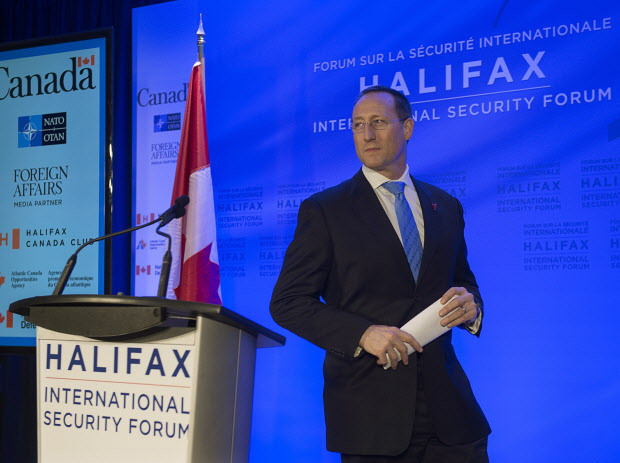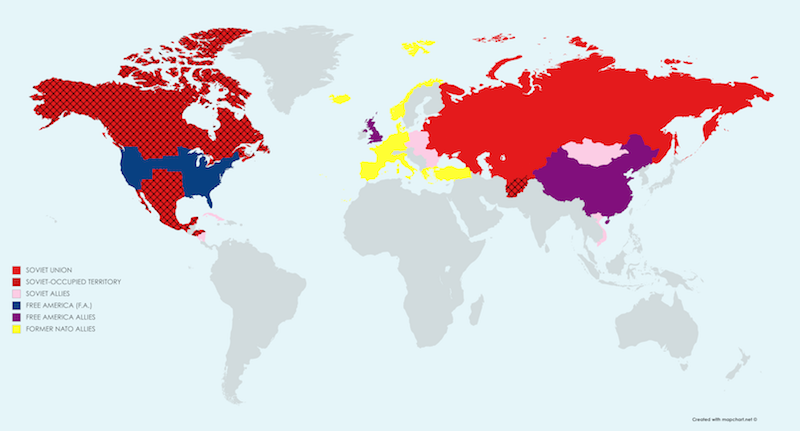In the lead-up to Canada’s withdrawal of military forces in Afghanistan in 2014, several organization members and voices of authority have called out Canada’s standing in NATO. None other than the deputy secretary-general of NATO, Alexander Vershbow, recently stepped forward to level criticism for what he claims is Canada’s insufficient commitment to NATO’s mission in Afghanistan.
All of this occurred at a roundtable event in mid-November at the Halifax International Security Forum. Mr. Vershbow apparently said that there is “a perception that Canada is de-emphasizing NATO a little bit in its broader security policies.” These comments understandably caused quite a stir at the forum, so much so that Mr. Vershbow later clarified in an interview that he was not intending to be “overly alarmist”. However, the deputy secretary general added that his statements reflected “the chatter in the corridors of NATO headquarters.” This is a troubling development, as one of the highest-ranking NATO representatives essentially claimed that Canada was backing away from its commitments and that many top NATO officials have taken notice.
Mr. Vershbow specifically mentioned two NATO programs in which he claimed that Canada had withdrawn from: the Alliance Ground Surveillance program and the Airborne Warning and Control System. However, the centerpiece of his criticism was Canada’s plan to withdraw its military from Afghanistan post-2014. He stated that he understood that Canada has “borne more of the burden than other allies in the actual combat phase”, the decision to withdraw all troops after March 2014 is “raising questions.” He went on to claim that Canada has focused its sights much closer to home, specifically on an Arctic Strategy and collaborating closer with the U.S. on NORAD and a shared strategy in the Pacific.
At the same time of the Halifax International Security Forum, Minister of Foreign Affairs John Baird was criticizing the deal reached with Iran to curb their nuclear program, despite support for the plan from the United States and the United Kingdom. Furthermore, Prime Minister Harper boycotted the Commonwealth heads of government meeting in Sri Lanka due to disagreements over human-rights issues. Mr. Vershbow’s decision to publically criticize Canada’s contributions to NATO in a forum hosted in Canada, no less, demonstrates how the federal government’s apparent move away from multilateral organizations has impacted its standing among long-standing allies and partners.
In addition, Canada’s seeming move away from the international focus of NATO activities brings into question the condition of the organization’s ability to execute coordinated missions. There is a planned NATO summit in September, with much of the agenda expected to revolve around the future of the Alliance. According to General Jean-Paul Paloméros, Supreme Allied Commander Transformation, the effectiveness of NATO is severely threatened if Canada and other NATO members continue to look inwards and place debt issues above coordinated international strategies. In the General’s words, “We have to understand that our economic policy and our long-term security are interlinked.”




